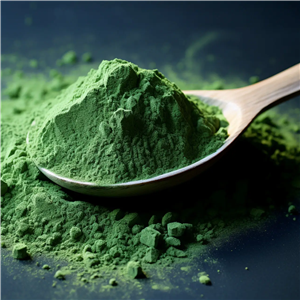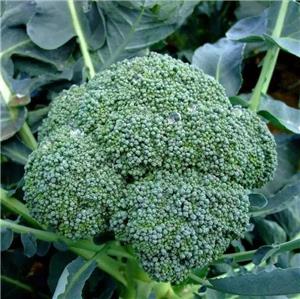Health Topics
A healthy diet helps protect against malnutrition in all its forms and is a foundation for health and development. It also helps to prevent noncommunicable diseases including diabetes, cardiovascular diseases, some cancers and other conditions linked to obesity. Together with a lack of physical activity, an unhealthy diet is one of the leading global risks to health.
-
1409-2021
Monitoring flour fortification to maximize health benefits: a manual for millers, regulators, and programme managers
Flour fortification is the practice of deliberately increasing the content of one or more essential micronutrients in flour. Fortification of wheat and maize flours with vitamins and minerals is considered a cost–effective strategy to address micronutrient malnutrition and nutrition-associated health outcomes, such as anaemia or the prevention of neural tube defects
-
0309-2021
World failing to address dementia challenge
Only a quarter of countries worldwide have a national policy, strategy or plan for supporting people with dementia and their families, according to the WHO’s ‘Global status report on the public health response to dementia’, released today. Half of these countries are in WHO’s European Region, with the remainder split between the other Regions. Yet even in Europe, many plans are expiring or have already expired, indicating a need for renewed commitment from governments.
-
1108-2021
How ALA work and it's Clinical Summary
Alpha-lipoic acid is an antioxidant. Although there is some evidence it may help treat conditions related to diabetes, confirming studies are needed. Alpha lipoic acid (ALA) is an endogenous cofactor found in cells that can also be obtained in the diet. It is sometimes referred to as a “universal antioxidant” because it is both water- and fat-soluble and can neutralize reactive oxygen species (26). It is marketed as a dietary supplement for this reason, and is also used as adjuvant therapy for neuropathy and to improve glycemic control. Preclinical studies show that ALA plays a crucial role in energy production, and exerts antioxidant and apoptotic effects.
-
2503-2021
The Clock is ticking – it’s time to end TB deaths among people with HIV!
In the run up to World TB Day, WHO has released new data from over 84 countries on the impact of the COVID-19 pandemic on the TB response, and launched new guidelines on systematic TB screening to help countries bridge the gap in diagnosis and care. As a result of COVID-19, notifications of people with TB dropped by 21% globally in 2020, compared with 2019. Late diagnosis of TB results in onward transmission within households and communities, as well as an increased burden of TB and poor outcomes, including death.
-
2203-2021
Mercury and health
Mercury is a naturally occurring element that is found in air, water and soil. Exposure to mercury – even small amounts – may cause serious health problems, and is a threat to the development of the child in utero and early in life. Mercury may have toxic effects on the nervous, digestive and immune systems, and on lungs, kidneys, skin and eyes. Mercury is considered by WHO as one of the top ten chemicals or groups of chemicals of major public health concern. People are mainly exposed to methylmercury, an organic compound, when they eat fish and shellfish that contain the compound. Methylmercury is very different to ethylmercury. Ethylmercury is used as a preservative in some vaccines and does not pose a health risk.




